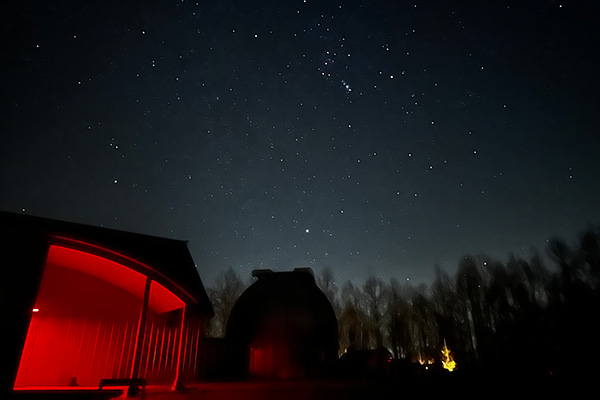BOONE—A National Science Foundation grant awarded to two faculty members at Appalachian State University will support their work to develop engaging botany laboratory experiences for undergraduate students and, at the same time, build a database related to ecological changes occurring in the Southern Appalachians.
The $197,987 grant was awarded to Howard Neufeld and Zack Murrell, both professors in the Department of Biology. Murrell also is interim chairman of the department.
The professors will develop open-ended lab assignments in which students must conduct research to answer questions posed by the professors. It is hoped the labs will be more interesting to students, help them better understand the scientific process and motivate more students to continue studies in the STEM fields – science, technology, engineering and math.
Neufeld estimates that 1,500 to 2,000 students enrolled at Appalachian will participate in the labs through the course of the three-year grant.
Working with members of Appalachian’s Physical Plant and other areas, Neufeld and Murrell will develop a phenology garden near campus where students will study the cyclic nature of native species that will be planted. They also will develop more complex labs related to genetic diversity and how the plants’ phenology and physiology relate across a larger landscape at different climates and elevations. Students enrolled in the courses will be invited to provide input into development of lab exercises.
Three other schools in the region, UNC Asheville, Warren Wilson College and East Tennessee State University, each received similar NSF funding to develop hands-on botany labs. They also will develop phenology gardens planted with the same species as those at Appalachian, such as cone flowers, golden rod and milkweed, allowing students to compare patterns occurring at different elevations and climates.
The four schools will also use green space on or near their campuses in which students enrolled at the school can monitor growth rates and differences in plants growing in shade gardens and in the understory, like trillium, Christmas ferns, bloodroot and trout lily. Other professors will develop labs in which students study genetic diversity, ecosystem functioning and the invasive species that grow in the region.
During the course of the grant, schools will share information about the labs they develop and will track their undergraduates’ research experiences to determine if the approach is working or if labs should be redesigned.
“The botanical sciences are becoming more important,” Neufeld said. “As the human population continues to grow, food security becomes a greater issue, so a better understanding of plants becomes more vital, as well as the protection and maintenance of our natural ecosystems.”
Another focus of all labs across the four schools will be a focus on global climate change. “Everything is geared with idea of establishing baseline data related to plant growth and other factors that may differ over time,” Neufeld said.
“Currently, the Southern Appalachians is one of the few areas of the world that has yet to experience notable variations in the climate,” he said. “We want to establish a database so that future students will have a baseline from which they can determine how plants are reacting to any variations to the climate that will occur in the future.”
The data collected by the students will be shared across the campuses and may be added to the National Phenology Network, which is a resource for scientists and others who monitor the impacts of climate variation on plants as well as animals.
About Appalachian State University
As a premier public institution, Appalachian State University prepares students to lead purposeful lives. App State is one of 17 campuses in the University of North Carolina System, with a national reputation for innovative teaching and opening access to a high-quality, cost-effective education. The university enrolls more than 21,000 students, has a low student-to-faculty ratio and offers more than 150 undergraduate and 80 graduate majors at its Boone and Hickory campuses and through App State Online. Learn more at https://www.appstate.edu.
What do you think?
Share your feedback on this story.
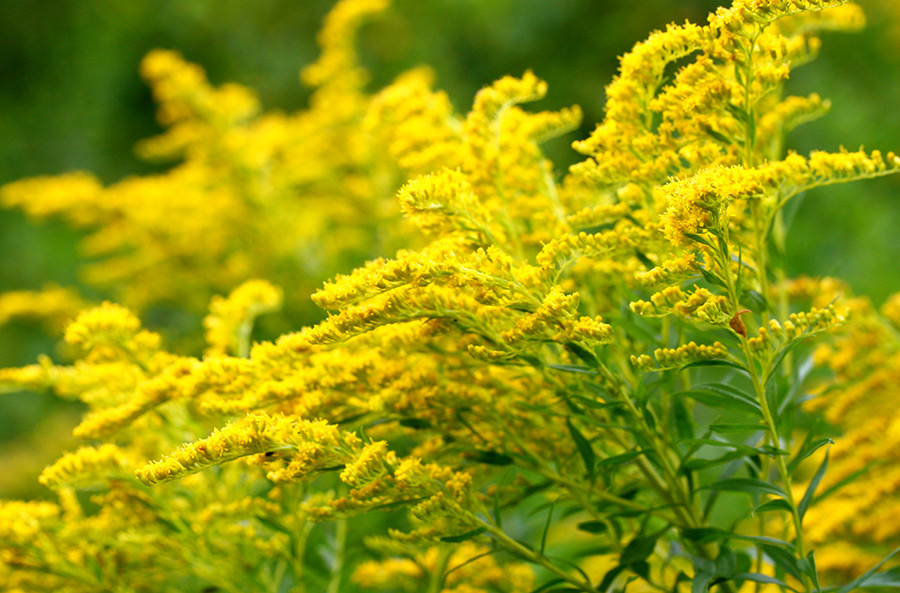

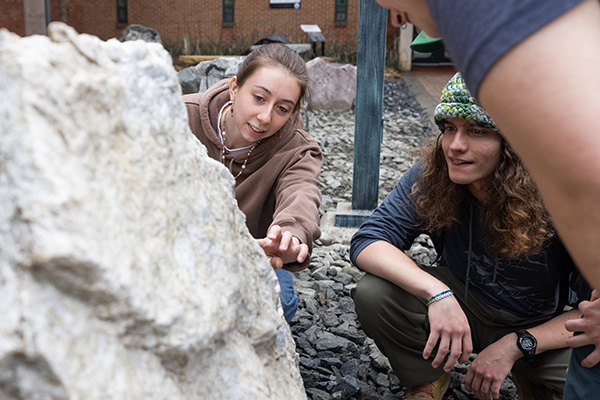
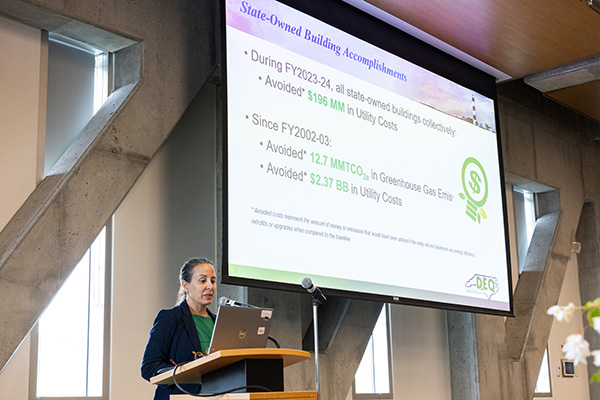



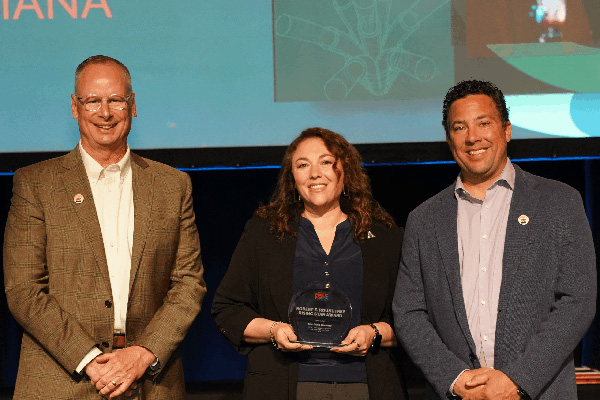
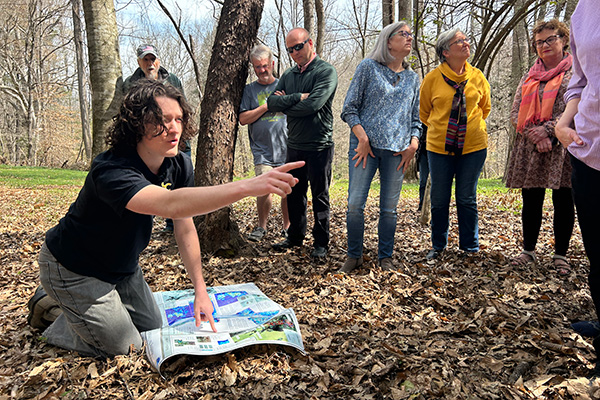
![‘Dragon prince’ dinosaur may be missing link in T. rex evolution [alumni featured]](/_images/_posts/2025/06/dragon-prince-600x400.jpg)
![Is Carb Cycling the Key to Increasing Your Endurance? [faculty featured]](/_images/_posts/2025/06/carb-cycling-600x400.jpg)
